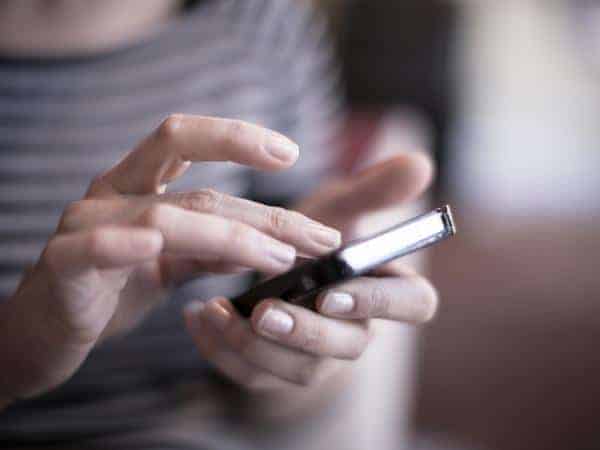What is a VPN and why do you need one?
We hear so much these days about how unsafe we are when we are online. As the recent global pandemic has proven, society is largely based around being connected via the internet. We can’t escape the technological advances and both the positive and negative impacts these have had. This is why I want to share with you why you might consider a VPN.

This is a collaborative post.
What is a VPN?
VPN stands for virtual private network. Essentially, using a VPN means that you and your data are protected, your identity and anonymity retained. It creates an encrypted connection between you and the server, which is operated by the VPN provider. Reading reviews should help you decide which provider is best for you. ExpressVPN Review is a good place to start.
Why do you need a VPN?
Security and Safety
Although it’s tricky at the moment to work anywhere public (home and work are interchangeable terms for many of us!), if you were to begin doing your emails or banking in a local café, for example, you may be at risk.
Connecting to an unsecured network could mean that others have easy access to your private details, like usernames, passwords and contact details, potentially jeopardising the security of your business operation and overall reputation.
Accessing public Wi-Fi using a VPN gives you peace of mind that no one can intercept your data. I had my identity stolen years ago and would never want that again so it is important to be careful.

Privacy
It is not solely when you are working outside of your home when a VPN could be beneficial for you. Within your own property, your internet service provider (ISP) basically tracks everything that you do online.
While this may be harmless, no one is quite sure what information of ours is sold on to other people. It’s common knowledge that Facebook, for example, benefits from what we do online.
However, we can easily decide to stop using that platform, whereas we will always need an ISP. Utilising it alongside a VPN means that you have dramatically increased privacy.

Greater-Scope
Living in one area can mean that you are not able to access content from another easily. For example, in the US, there are restrictions on things you can watch from outside of the country, like your favourite Netflix series that is only available in particular geographical areas.
However, with the use of a VPN, you will have much easier access to region-restricted services. It really means the sky is the limit you can watch anything you like if you have friends abroad you can watch what they do instead of waiting until it comes to the UK!

What are the limitations of a VPN?
Even with a VPN, there are still ways in which information about you can be accessed. For example, even once you have left a specific website, cookies could still track your online behaviour.
Ultimately, VPNs are businesses, and while they offer a service you could certainly use, you must remember their primary aim is to sell their product. They are also obliged to follow governmental laws, so if necessary, they may have to provide information to law enforcement agencies. Of course, this is to help prevent child abuse and similar, not to spy on you or anything like that. If you are not doing anything illegal you will be just fine!
